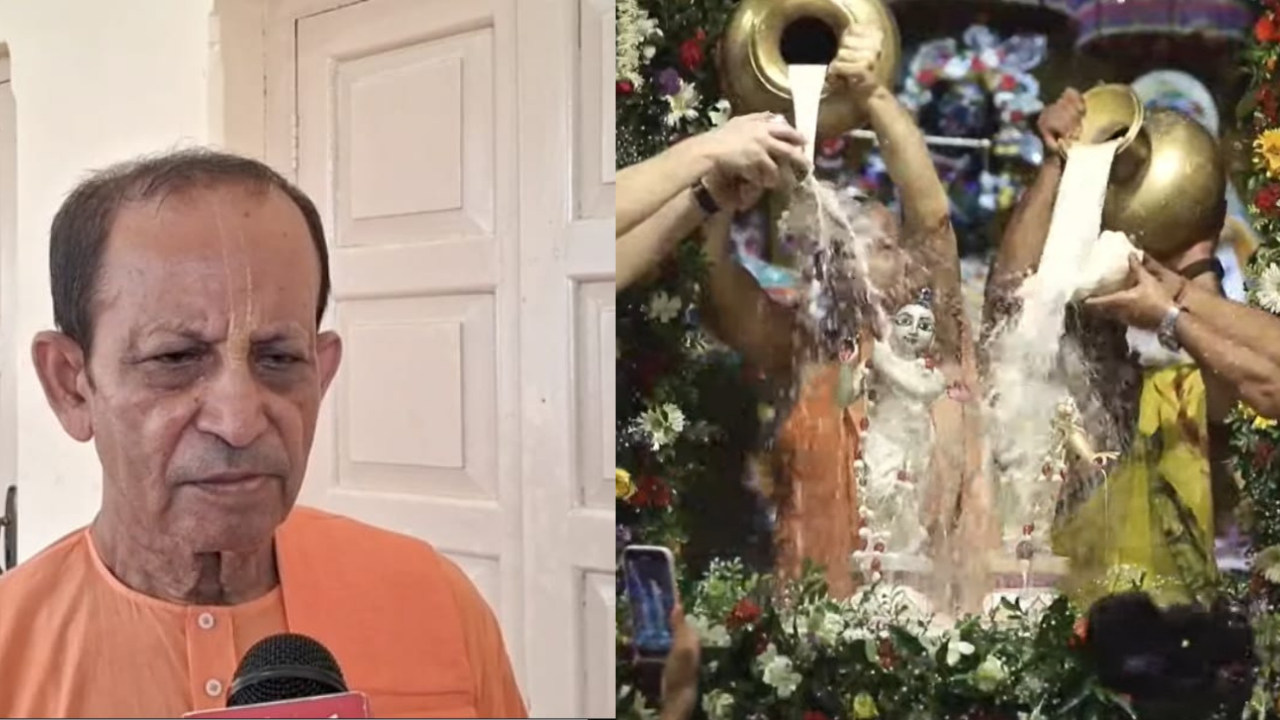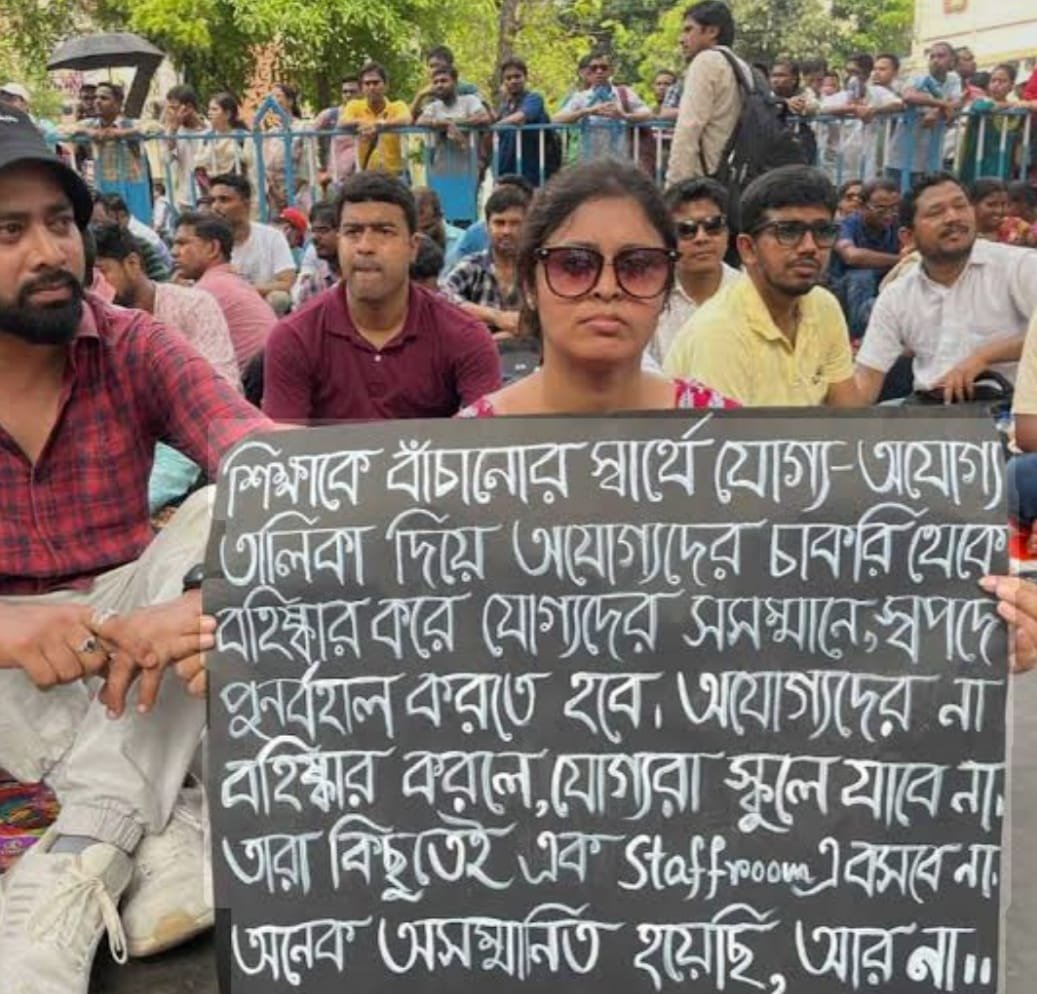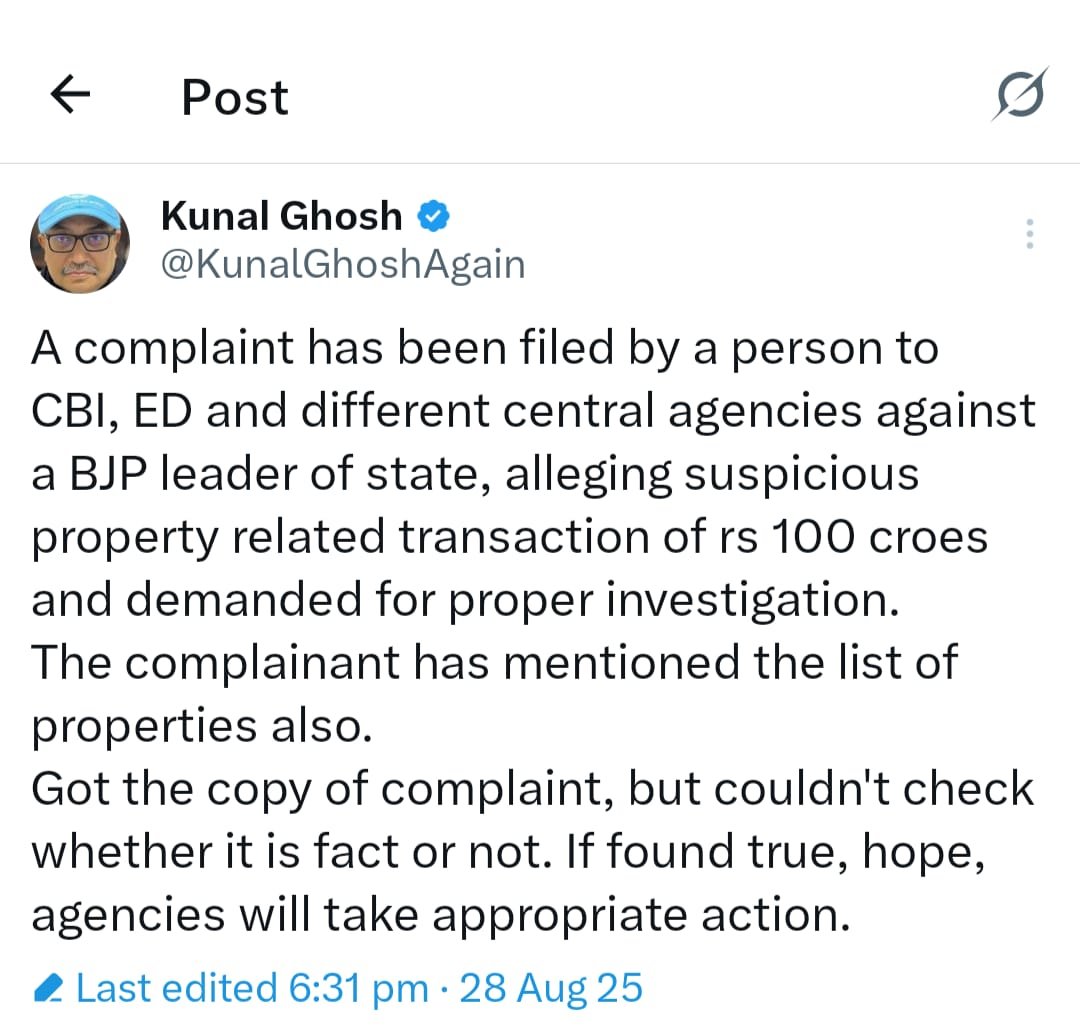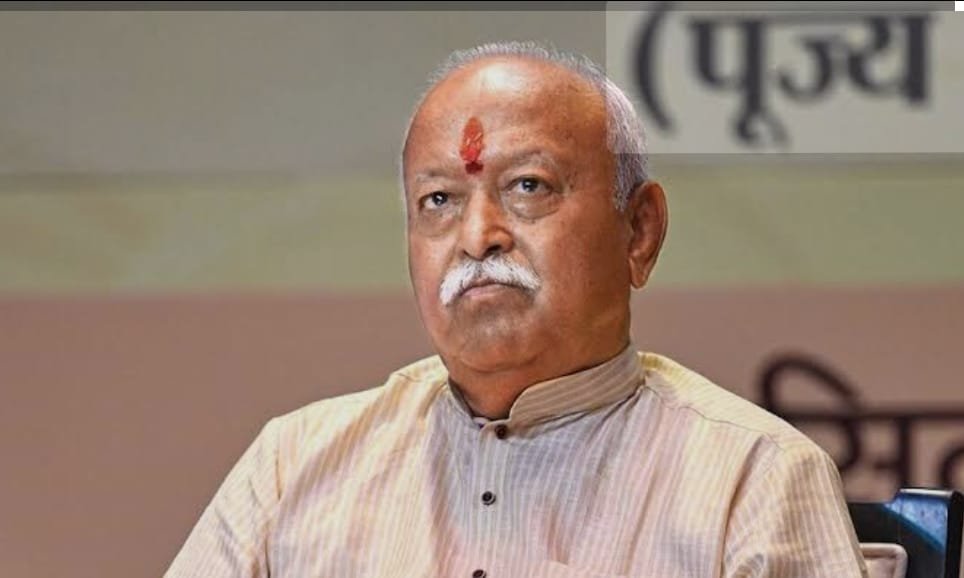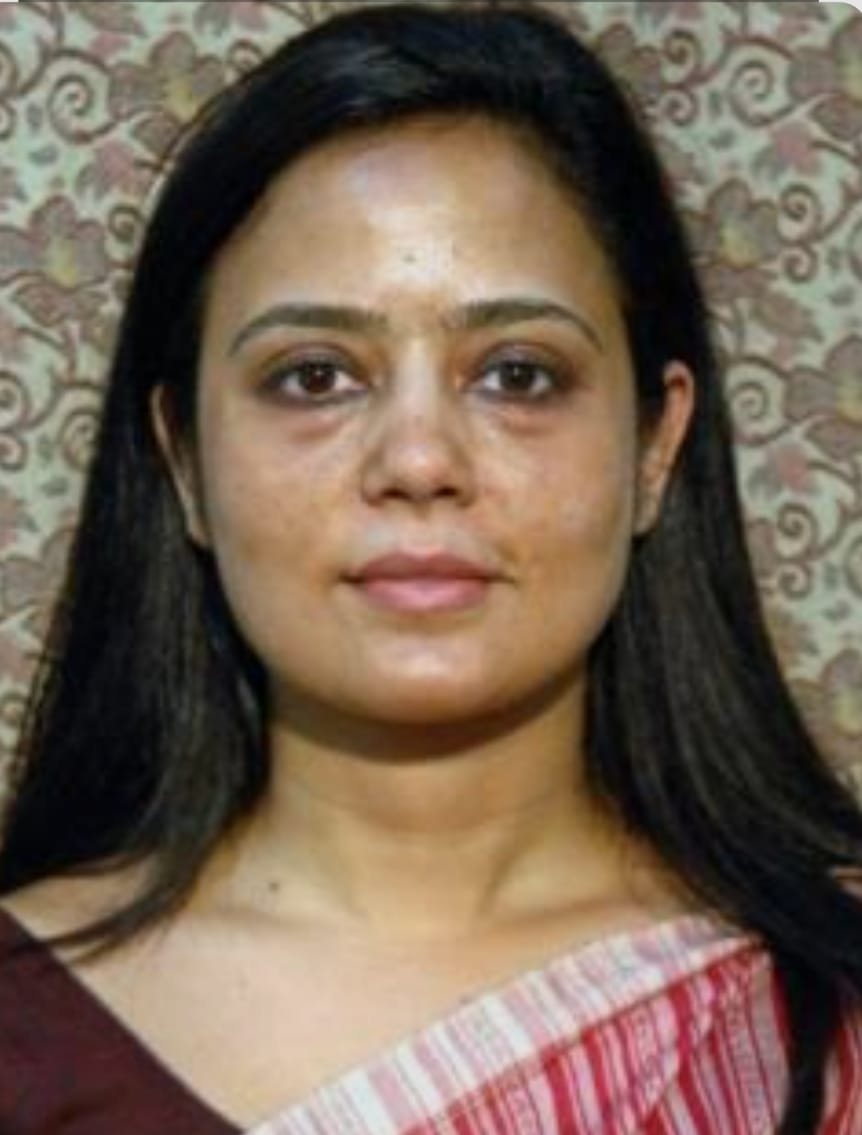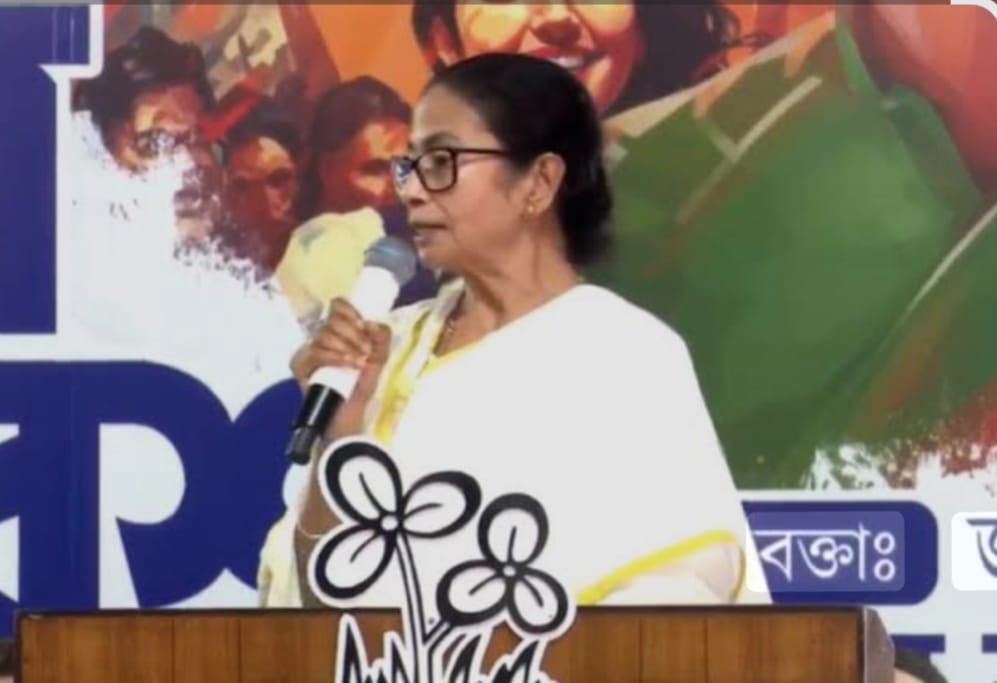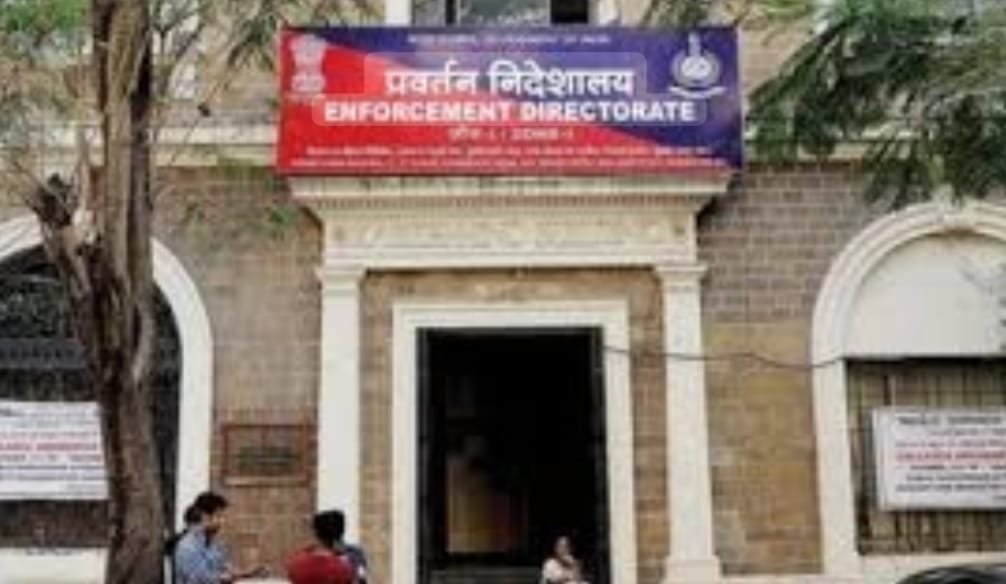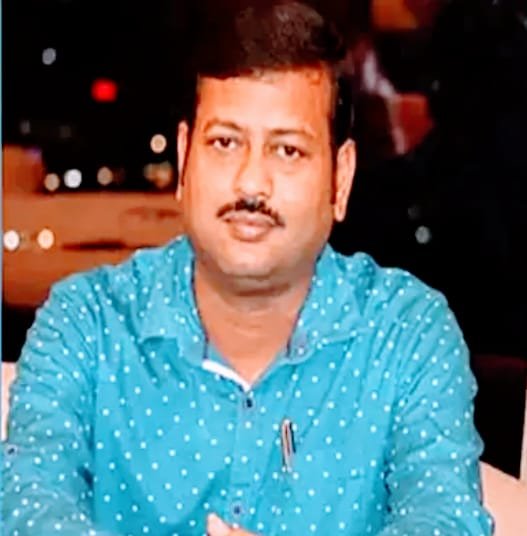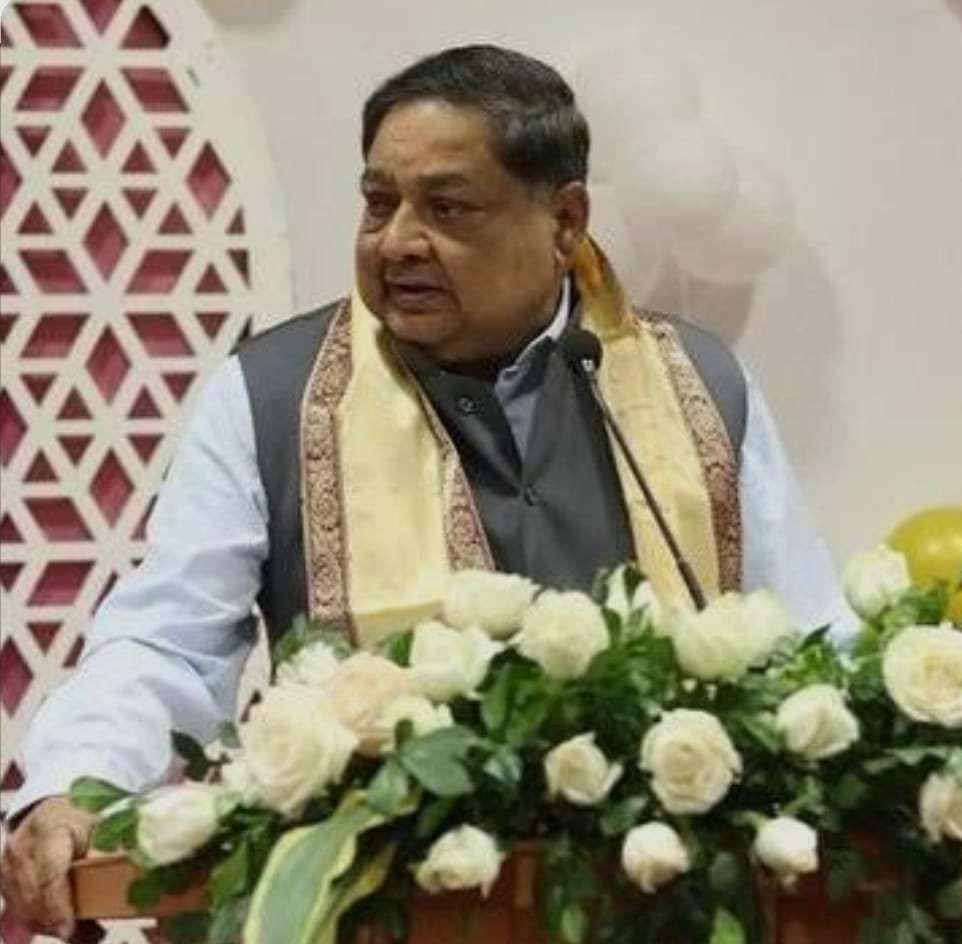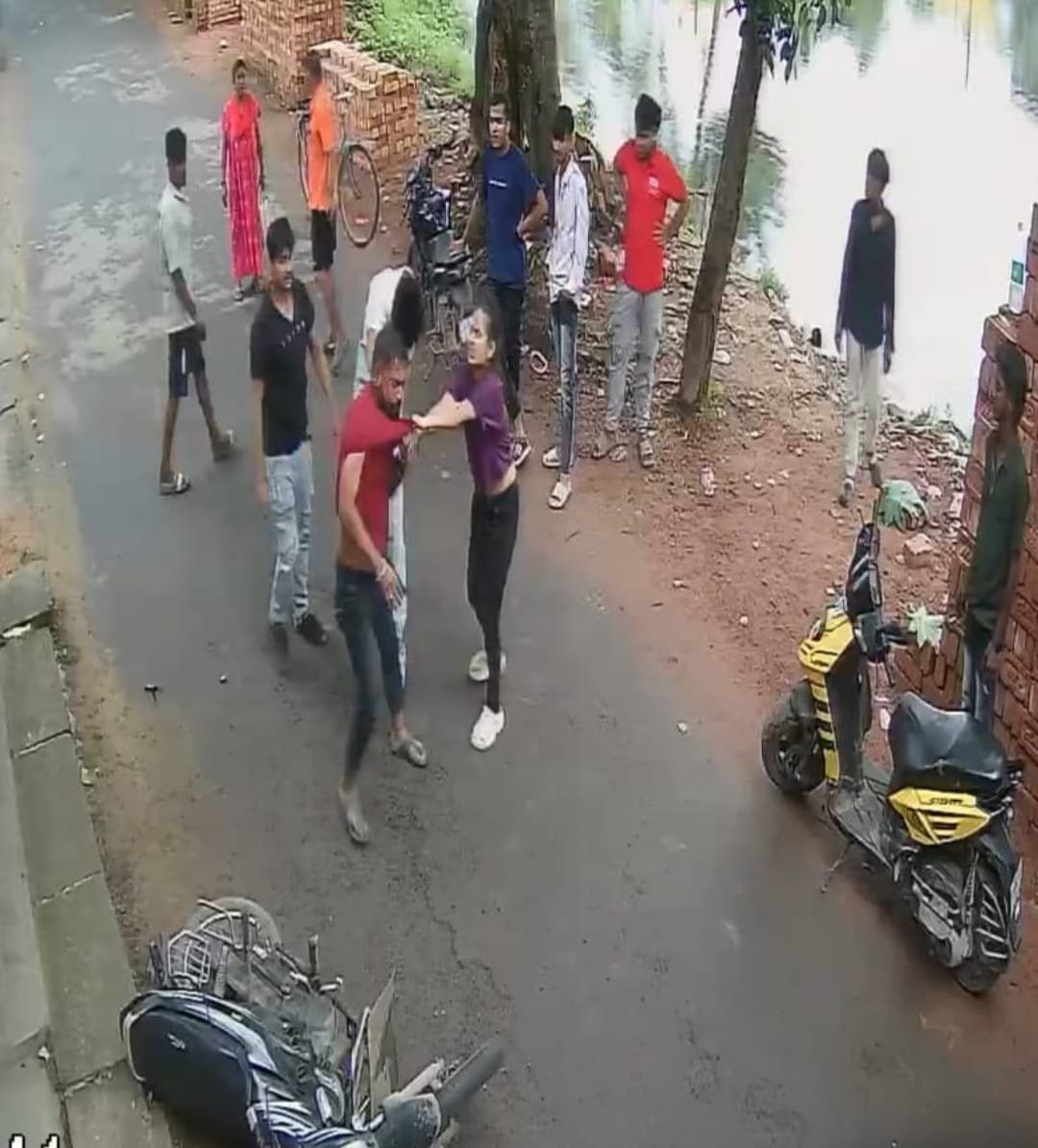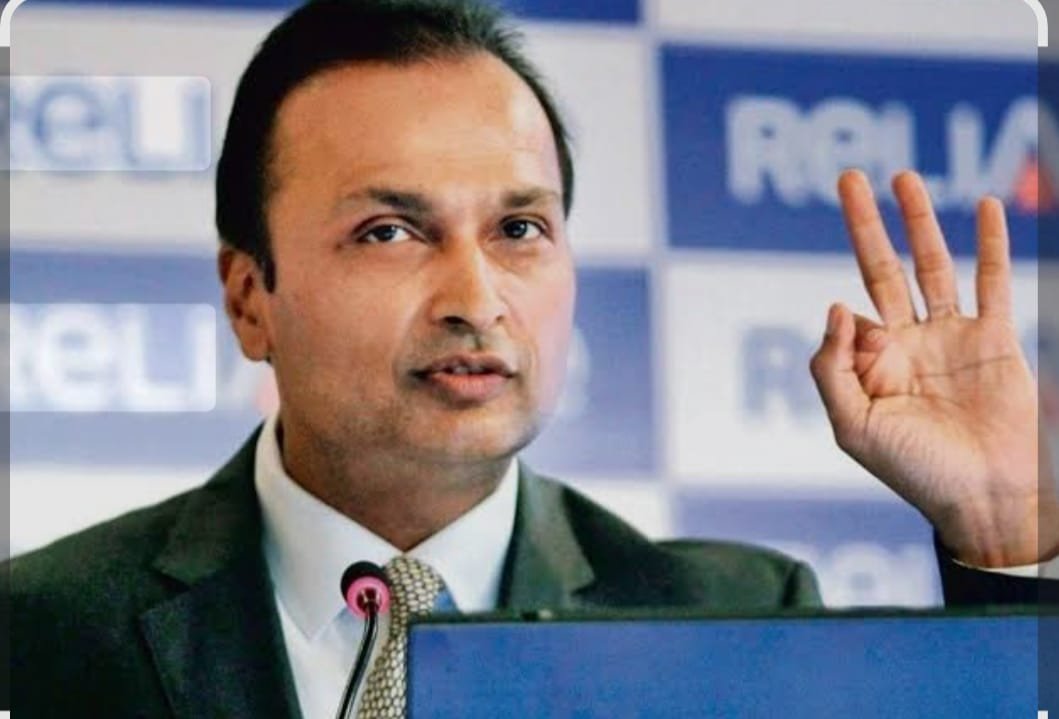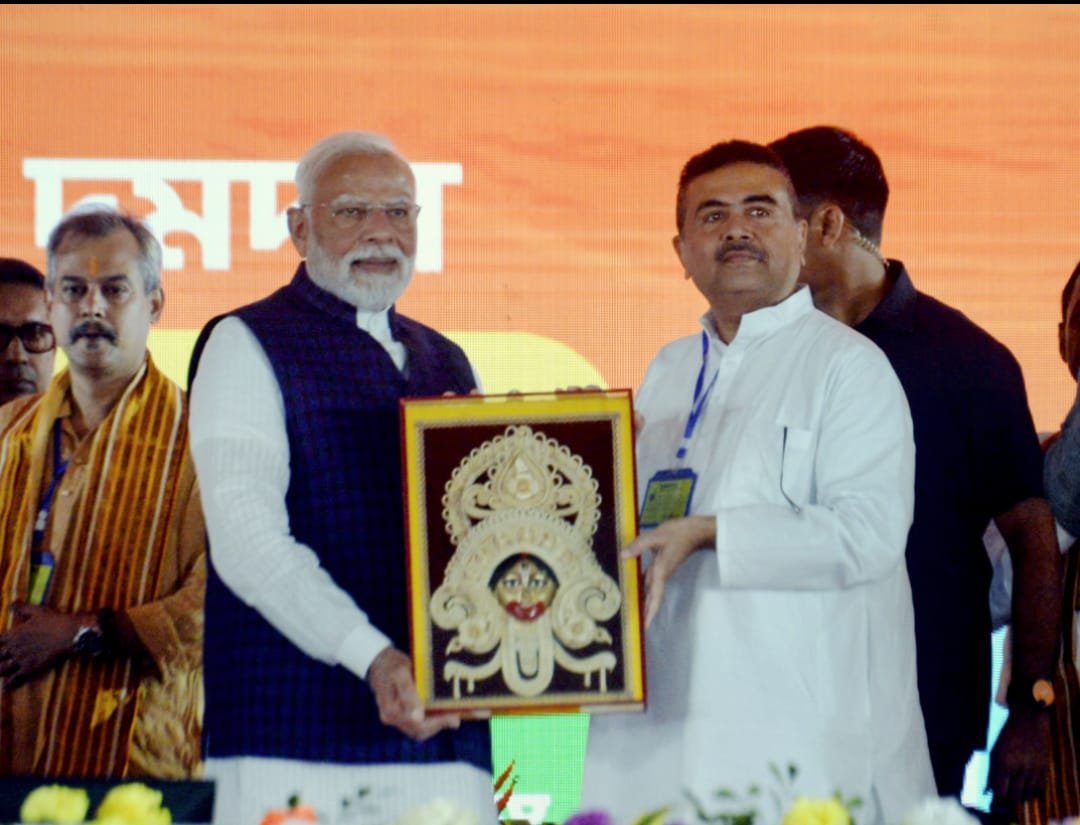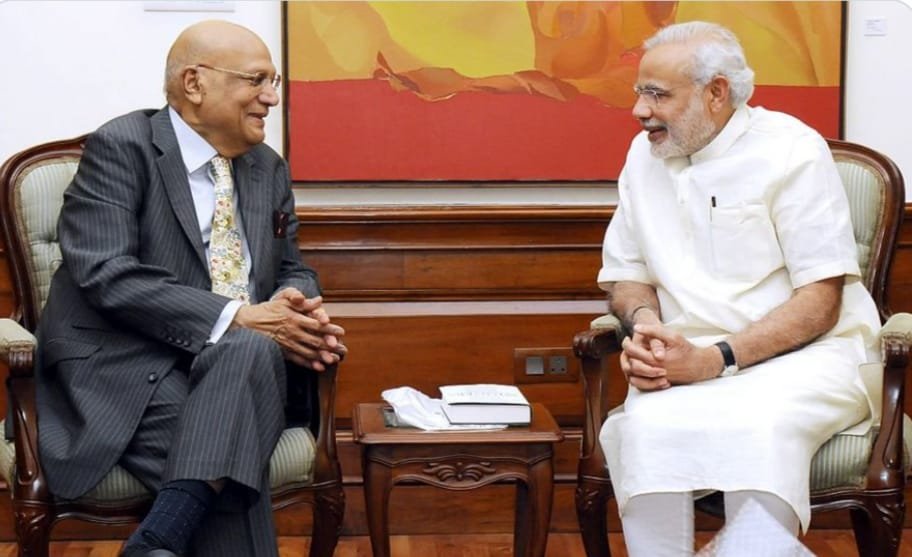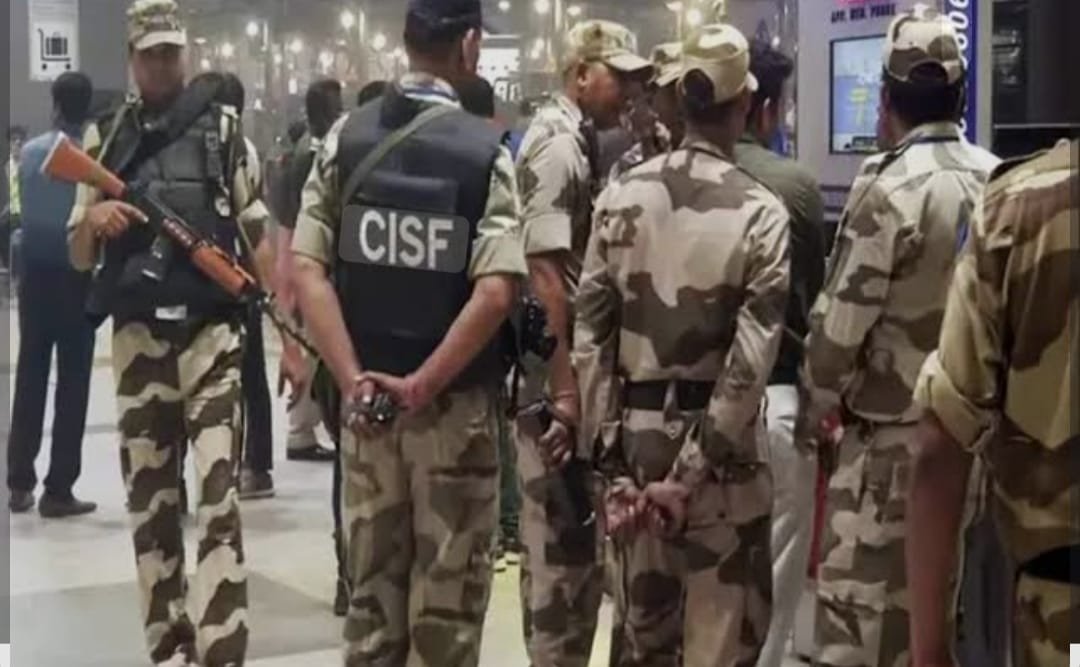A stormy session rocked India’s Lok Sabha on Wednesday after Home Minister Amit Shah introduced a controversial constitutional amendment bill that would strip the Prime Minister, Chief Ministers, and other ministers of their positions if they remain in custody for 30 consecutive days.
The 130th Constitution Amendment Bill, introduced alongside two other pieces of legislation — the Union Territories Government (Amendment) Bill and the Jammu & Kashmir Reorganisation (Amendment) Bill — was met with uproar from the opposition benches. Lawmakers from Congress, Trinamool Congress (TMC), Communist Party of India (Marxist), and All India Majlis-e-Ittehad-ul-Muslimeen (AIMIM) accused the ruling Bharatiya Janata Party (BJP) of weaponising the law to silence dissent.
As soon as Shah rose to present the bill, opposition MPs stormed the well of the House, shouting slogans and tearing up copies of the draft legislation. The chaos forced Speaker Om Birla to adjourn proceedings until the afternoon, after which the bill was referred to a joint parliamentary committee.
Opposition cries foul
Congress MP Priyanka Gandhi strongly criticised the move, calling it “unconstitutional and undemocratic.”
“Any Chief Minister can now be kept in custody for 30 days without being convicted, and automatically lose office. This is nothing but a tool to crush democracy under the garb of fighting corruption,” she said.
Her remarks come against the backdrop of several high-profile arrests of opposition leaders in recent years, including former Delhi Chief Minister Arvind Kejriwal and Jharkhand’s Hemant Soren, both of whom were detained on graft-related charges.
TMC’s Abhishek Banerjee, a vocal critic of the BJP government, accused the Centre of evading accountability while seeking more power. In a statement on social media, he wrote: “The government has failed to protect India’s sovereignty and uplift farmers and workers, but it wants to use agencies like the Enforcement Directorate (ED) to dismantle state governments. This bill reflects an authoritarian mindset.”
Banerjee also attacked the Modi government for “hollow bravado” on national security, pointing to its failure to reclaim Pakistan-occupied Kashmir.
The Communist Party of India (Marxist) echoed those concerns. General Secretary M.A. Baby described the bill as “neo-fascist,” while Rajya Sabha MP John Brittas warned it would destabilise opposition-ruled states by undermining India’s federal structure.
Government defends the bill
Rejecting charges of authoritarianism, Shah argued that the draft law would undergo scrutiny by lawmakers across the political spectrum. “The bill will go to a joint parliamentary committee where both ruling and opposition members will be represented,” he said.
Despite his assurance, opposition MPs continued their protests inside Parliament, prompting another adjournment.
A political flashpoint
The proposal comes at a time of heightened political confrontation in India, with the 2026 state elections looming. Critics argue the bill could be used selectively against opposition leaders, enabling the BJP to weaken rival parties by engineering ministerial disqualifications.
“This is a direct assault on the Constitution and India’s federal framework,” said AIMIM chief Asaduddin Owaisi, who joined Congress and Left MPs in opposing the measure.
Whether the 130th amendment ultimately passes remains uncertain. But for now, it has united an otherwise fragmented opposition bloc against what they describe as the Modi government’s latest attempt to consolidate power.


